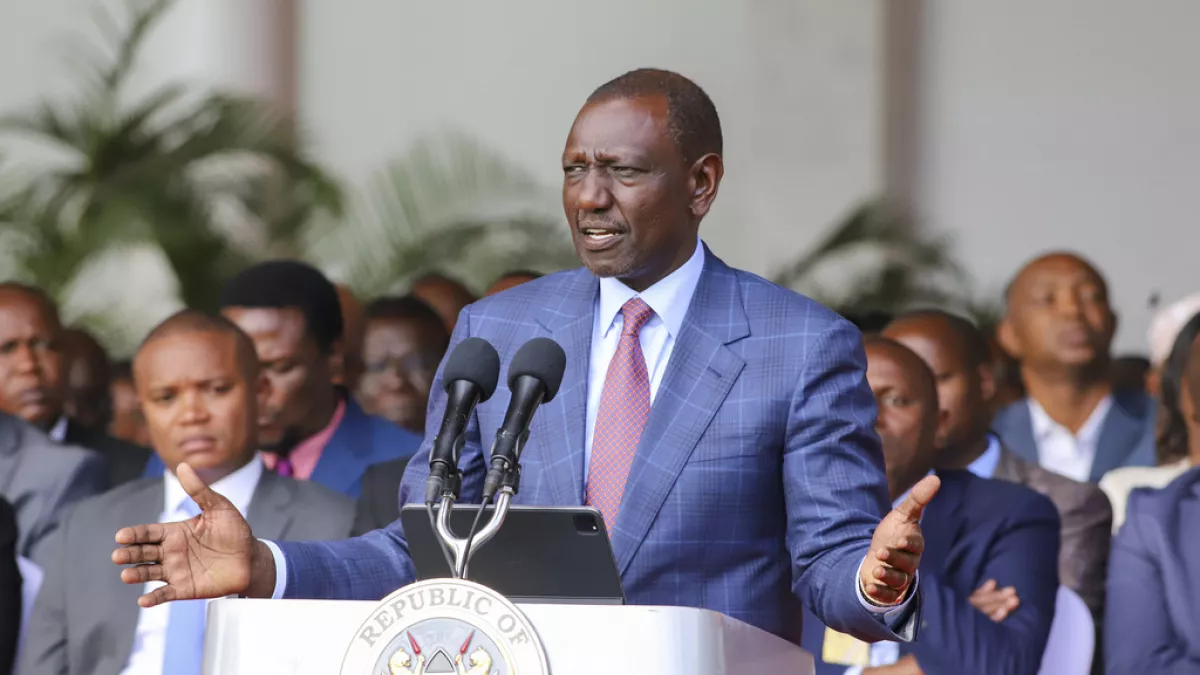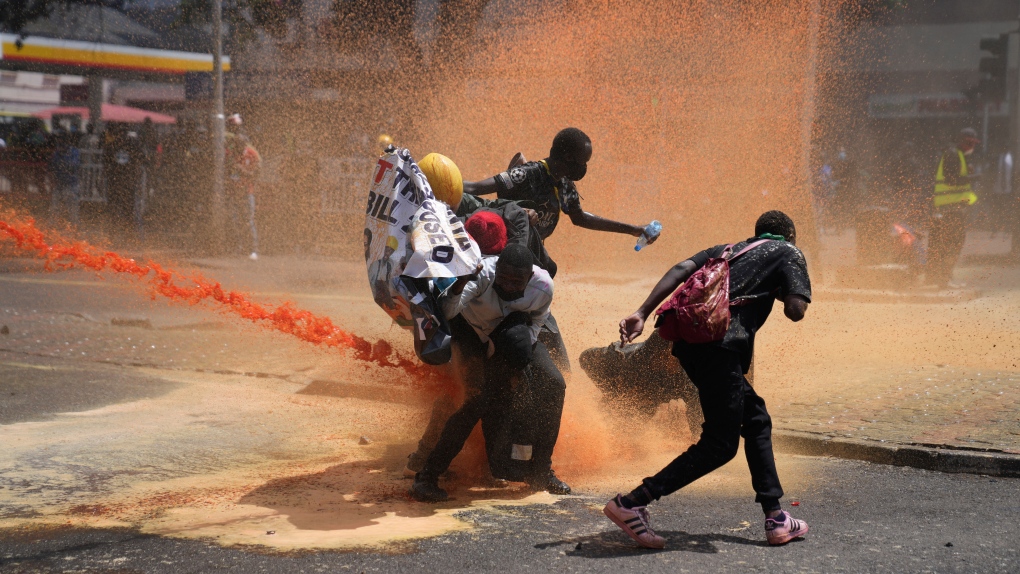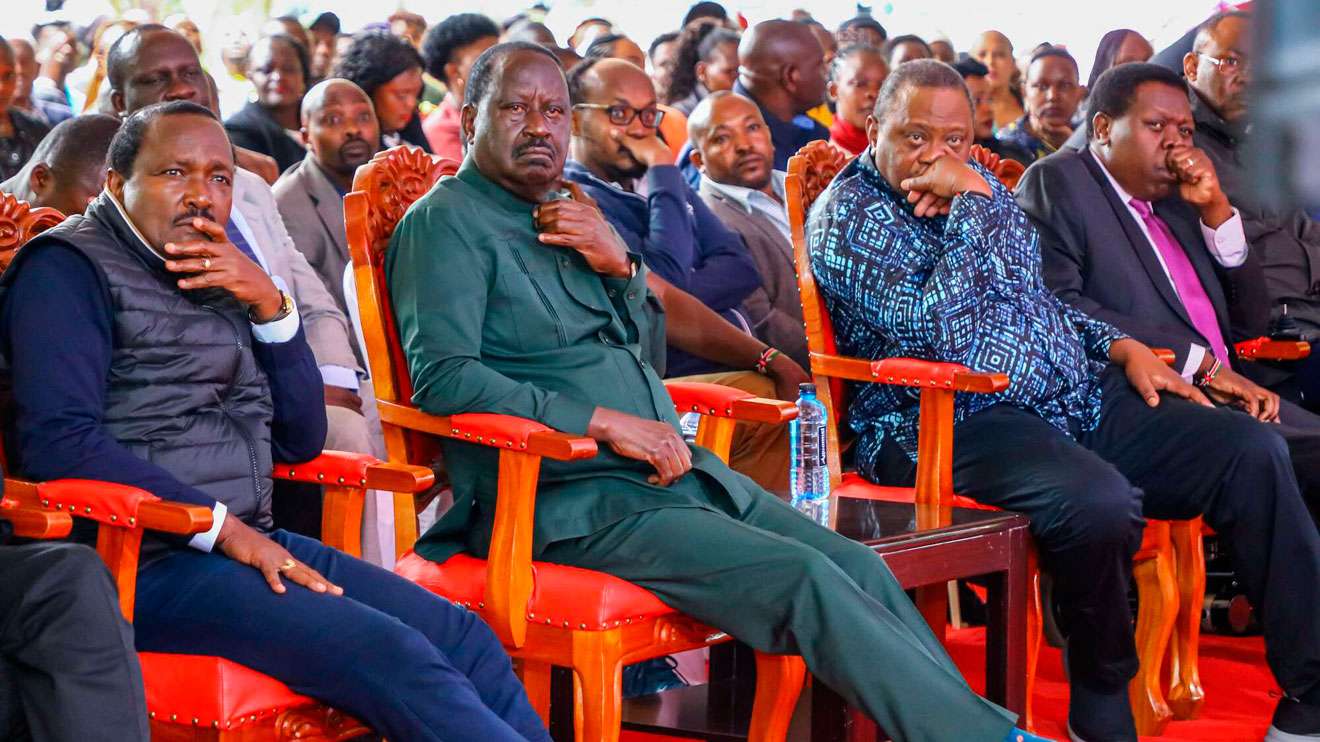Protesters against the 2024 Finance Bill yesterday vowed to keep up their demonstrations against President William Ruto’s government despite his pledge to withdraw the bill. The president backed down on fiscal measures that he had said were needed to fix the nation’s creaking finances. Many activists say they now want more, including a complete overhaul of the government and the president’s resignation.
In the 2024/25 bill, the Kenyan government wanted to raise $2.7 billion in additional taxes to reduce the budget deficit and borrowing. Kenya’s public debt stands at 68 per cent of GDP, higher than the 55 per cent of GDP recommended by the World Bank and the International Monetary Fund. The president has been caught between the competing demands of lenders such as the International Monetary Fund, which is urging the government to cut deficits to obtain more funding and a hard-pressed population.
On Wednesday, he withdrew the bill, bowing to pressure from the protesters who had argued the measures would choke the economy and raise the cost of living for people already struggling to make ends meet.
The proposed measures that triggered protests included new levies on basic commodities such as bread, vegetable oil, sugar, and a new motor vehicle circulation tax pegged at 2.5 per cent of the value of a car to be paid annually. An “eco levy” on most manufactured goods had also been on the cards, though sanitary towels and diapers had been exempted in earlier adjustments, among other last-minute concessions, before the whole bill was pulled.
In a televised address, Ruto said on Wednesday he would not sign the finance bill into law. The bill was returned to parliament with the recommendation that all its clauses be deleted.





